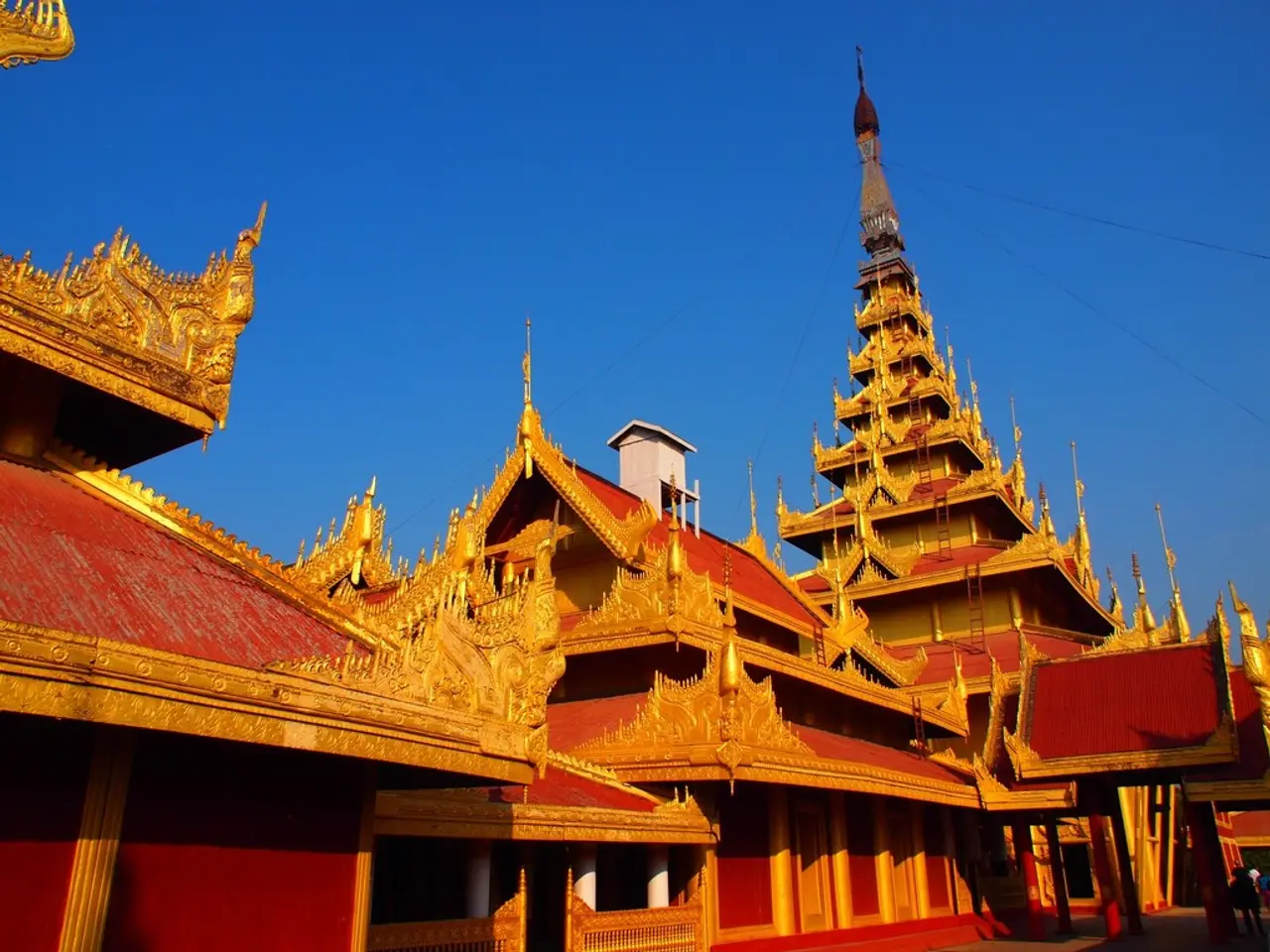The sluggish state of Thai tourism and the efficacy of its strategy centering on "quality instead of quantity" for revival.
Thai Tourism's Quality Revolution
Thailand, famed for its sunny beaches and bustling cities, is rethinking its tourism strategy. Instead of chasing record-breaking visitor numbers, it's focusing on offering unique, high-end experiences that attract higher-spending tourists.
Last year, Thailand trailed behind both Malaysia and Japan in international travel, with only 35.5 million visitors, compared to 38 and 36.9 million for the other two countries. This marks a striking deviation from its position as Southeast Asia's crown jewel of tourism.
Post-pandemic, Thailand opened its doors with hefty expectations of a Chinese tourism surge, but that hasn't happened. Instead, the Kingdom is recalibrating its approach, focusing on the mantra of "quality over quantity." This change manifests in promoting eco-tourism, sports tourism, and cultural festivals.
Tourism officials are also keen on diversifying markets, moving away from China and looking towards Europe, the United States, and the Middle East. Germany, Italy, multiple Gulf nations, the United Kingdom, and Australia have seen a rise in tourist arrivals compared to the same period last year, bringing in high-purchasing-power travelers.
"These tourists are our new priority," says TAT governor Thapanee Kiatphaibool.
In a bid to hook these high-rollers, Thailand is pursuing new, long-haul air routes, pouring resources into luxury offerings, and marketing itself as a destination that caters to the rich and discerning. Bangkok, in particular, is evolving into a luxury hotspot, with its skyline dining, riverside retreats, and VIP temple tours.
Yet, this shift isn't without its challenges. Geopolitical tensions and economic uncertainties loom over travel corridors, causing experts like tourism analyst Gary Bowerman to question whether Thailand is on the right track. "2025 is a pivotal point where Thailand must reconsider its strategy," says Bowerman.
Experts worry that Thailand might merely be chasing shadows rather than establishing a sustainable tourism industry. Despite efforts to boost revenue to $60 billion by 2025, the country is expected to miss its own target of 39 million foreign arrivals in 2025.
However, the shift towards quality tours and higher-end travelers seems to be bearing some fruit. While visitor numbers have remained modest, revenue has grown significantly. Thailand welcomed 9.5 million international tourists in the first quarter of 2025, a 2% increase over 2024. But the real surprise was in the revenue: tourism revenue surged 10.5% year-over-year, reaching an impressive $14 billion in just three months.
This shift in strategy aligns with Thailand's goal to turn its tourism sector into a more profitable, sustainable industry. As the world continues to grapple with the aftermath of the pandemic, Thailand's leap into the realm of quality tourism may just be the ticket to a brighter future.
- In East Asia, Thailand, traditionally known for its sunny beaches and bustling cities, is seeking to boost its tourism industry by offering unique, high-end experiences to attract higher-spending tourists, adjusting its strategy from pursuing record-breaking visitor numbers.
- With an increasing focus on eco-tourism, sports tourism, and cultural festivals, Thailand is attempting to diversify its market, reaching out to Europe, the United States, and the Middle East, as it shifts its tourism approach to prioritize quality over quantity.
- In an effort to attract high-spending tourists, Thailand is endeavoring to establish itself as a luxury destination, investing in long-haul air routes, luxury offerings, and marketing campaigns, transforming Bangkok into a luxury hotspot while moving away from a reliance on Chinese tourism.




